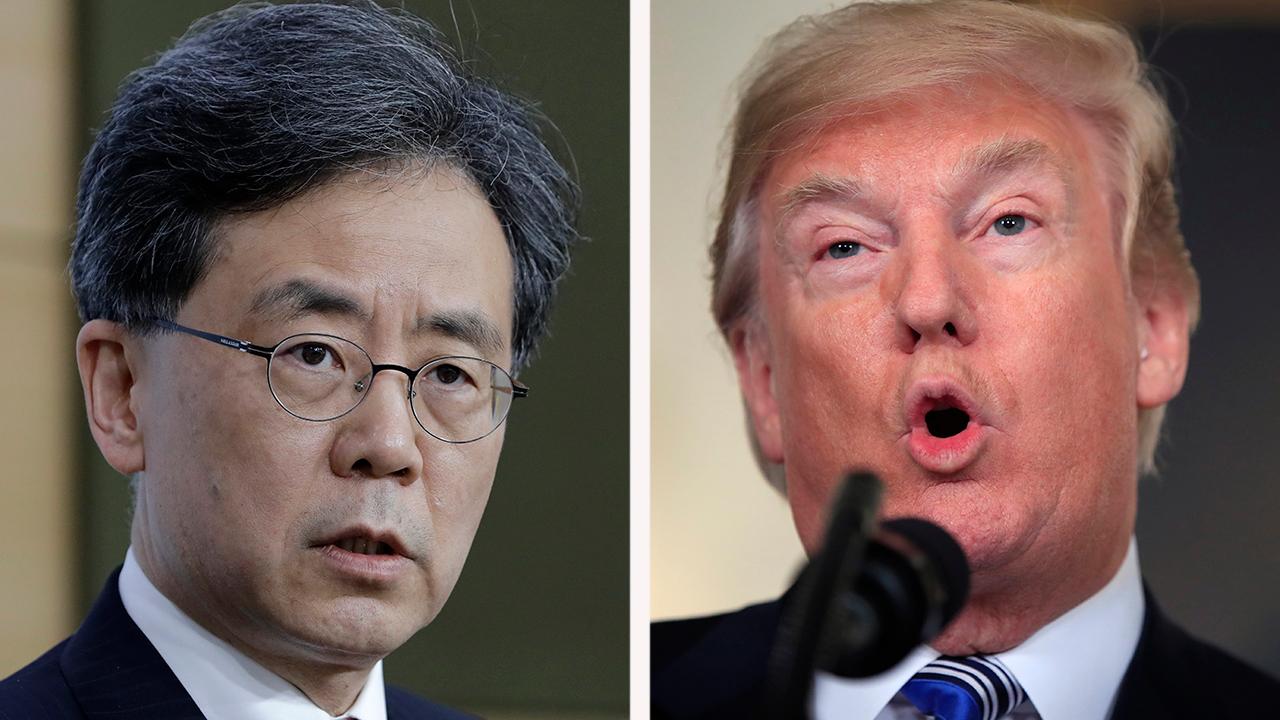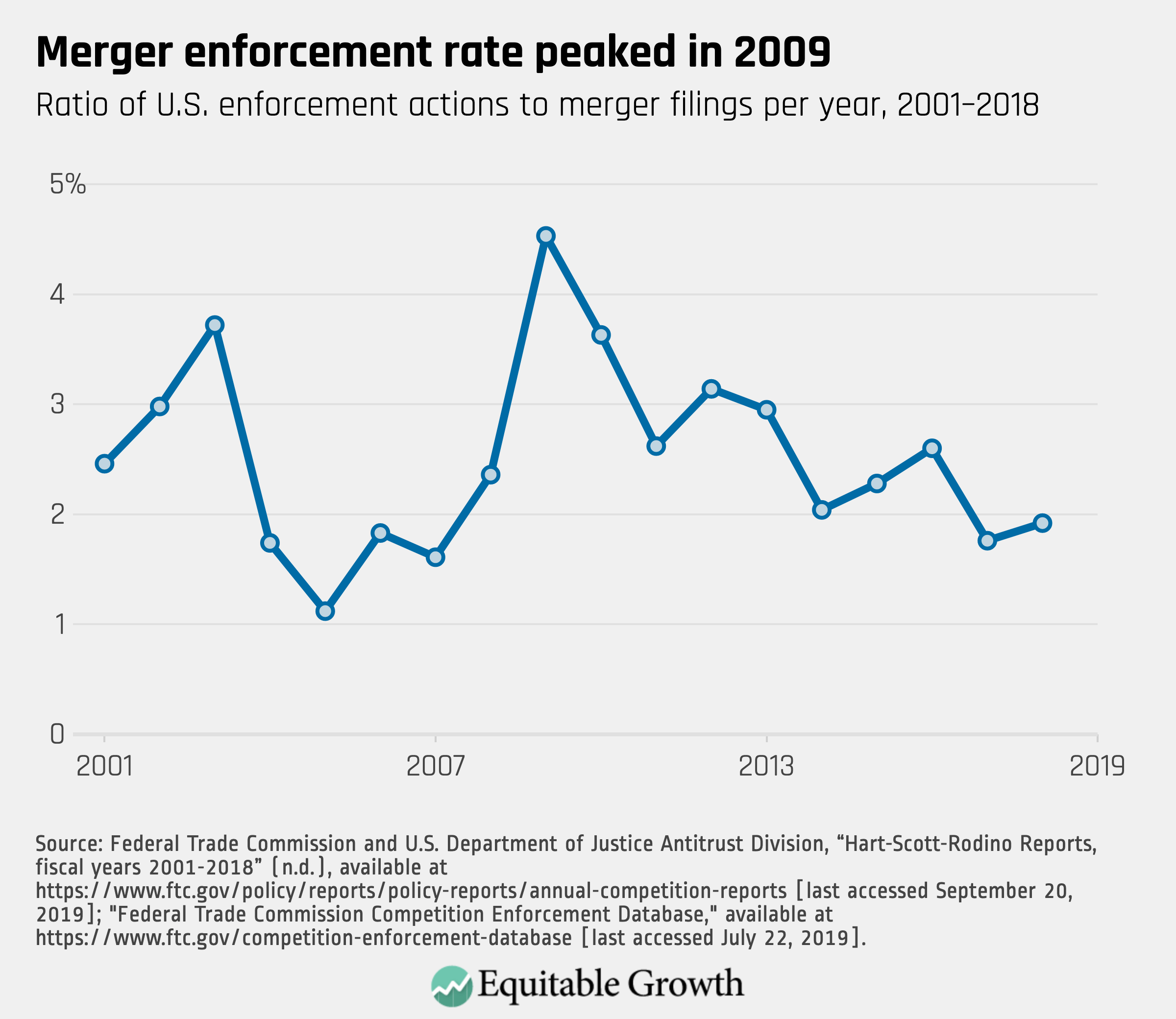Trump's Trade Deal Push: Dismissing Economic Concerns?

Table of Contents
The "America First" Approach and its Impact on Global Trade Relations
Trump's trade policy was fundamentally rooted in a nationalist "America First" approach, prioritizing domestic industries over international cooperation. This philosophy significantly impacted global trade relations, leading to strained partnerships and alliances. The administration's actions directly challenged the established norms of multilateral trade agreements, opting instead for a more bilateral and protectionist strategy.
- Increased tariffs: Significant tariffs were imposed on goods from China, Mexico, and the European Union, triggering retaliatory measures and escalating trade tensions. These tariffs, intended to protect American industries, significantly impacted global supply chains and increased costs for consumers.
- Withdrawal from the TPP: The withdrawal from the Trans-Pacific Partnership (TPP), a comprehensive trade agreement involving several Pacific Rim countries, was a symbolic rejection of multilateral trade deals and a move towards bilateral agreements. This decision was criticized for undermining American influence in the Asia-Pacific region and creating a vacuum for China to fill.
- Renegotiation of NAFTA: The North American Free Trade Agreement (NAFTA) was renegotiated into the United States-Mexico-Canada Agreement (USMCA), reflecting Trump's preference for bilateral deals and a focus on renegotiating existing agreements to favor American interests. While the USMCA aimed to improve aspects of NAFTA, the renegotiation process itself created uncertainty and disruption.
- Impact on supply chains: Trump's trade policies significantly disrupted global supply chains, forcing businesses to re-evaluate their sourcing strategies and increasing costs. This had a ripple effect across various industries, impacting both American and international businesses.
- Countermeasures: Other countries responded to Trump's tariffs with their own countermeasures, further escalating trade tensions and potentially creating a trade war scenario. This tit-for-tat response highlighted the interconnectedness of the global economy and the potential for unintended consequences.
Economic Arguments For and Against Trump's Trade Deal Tactics
The economic arguments surrounding Trump's trade deal tactics were sharply divided. Supporters claimed the policies were necessary to protect American jobs and industries from unfair competition, while critics raised concerns about the potential for economic harm.
Pro-Trump Trade Deal Arguments:
- Protecting American jobs and industries: Proponents argued that tariffs and renegotiated agreements were essential to protect American jobs and revitalize domestic industries, particularly in sectors like steel and aluminum. They emphasized the importance of fair trade practices and reducing trade deficits.
- Fairer trade practices and reduced trade deficits: Supporters claimed Trump's policies were designed to address unfair trade practices by other countries and reduce the US trade deficit. They believed that a more balanced trade relationship would benefit the American economy.
- Focus on bilateral agreements: The shift towards bilateral agreements was seen as a more efficient and effective way to negotiate trade deals tailored to specific American interests, unlike the perceived complexities and compromises inherent in multilateral agreements.
Anti-Trump Trade Deal Arguments:
- Increased prices for consumers: Critics argued that tariffs increased prices for consumers, reducing their purchasing power and negatively impacting household budgets. The added costs were passed on to consumers, leading to inflationary pressures.
- Negative impact on American businesses: Many American businesses reliant on global supply chains faced significant challenges due to trade disruptions and increased costs. This led to reduced competitiveness and potential job losses in certain sectors.
- Retaliatory tariffs: Retaliatory tariffs from other countries harmed American exports, reducing demand for American goods and services and negatively impacting American producers. This highlighted the interconnected nature of global trade and the potential for negative feedback loops.
- Potential for trade wars and economic instability: Critics warned that Trump's aggressive trade policies could lead to trade wars and destabilize the global economy, potentially harming both the US and other countries. The uncertainty created by these policies made long-term economic planning more difficult.
The USMCA: A Case Study in Trump's Trade Deal Strategy
The USMCA, replacing NAFTA, serves as a prime example of Trump's trade negotiation style. While the agreement aimed to modernize NAFTA and address specific concerns, its impact is still being assessed.
- Key changes compared to NAFTA: Key changes included stricter rules of origin for automobiles, strengthened intellectual property protections, and provisions related to digital trade. These changes aimed to create a more balanced trade relationship and increase the competitiveness of the American automotive industry.
- Benefits and drawbacks: The USMCA offered both benefits and drawbacks for the US, Canada, and Mexico. While some sectors benefited from increased trade, others experienced disruptions and increased costs. The long-term economic implications are still unfolding.
- Long-term economic implications: The long-term effects of the USMCA remain uncertain. The extent to which the agreement will contribute to economic growth and job creation remains a subject of debate and ongoing research.
- Impact on specific sectors: The agreement's impact varied across different sectors, with the automotive and agricultural sectors experiencing particularly notable changes. The long-term effects on these and other sectors are complex and require more detailed study.
Long-Term Economic Consequences and Uncertainties
Trump's trade policies have left behind a legacy of uncertainty and potential long-term economic consequences for the US and the global economy.
- Uncertainty surrounding future trade relationships: The unpredictability of Trump's trade policies created uncertainty for businesses and investors, making it difficult to plan for the future. This uncertainty extended to future trade relationships and potential agreements.
- Potential for increased inflation and reduced economic growth: Tariffs and trade disruptions contributed to increased prices for consumers and potentially reduced economic growth. These inflationary pressures created significant challenges for the economy.
- Lasting impact on international cooperation and trust: Trump's trade policies strained international cooperation and damaged trust among trading partners. Rebuilding these relationships will require significant effort and time.
- Challenges for American businesses: American businesses faced significant challenges adapting to the changing trade dynamics and increased costs associated with Trump's trade policies. Many had to re-evaluate their supply chains and sourcing strategies.
Assessing Trump's Legacy on Trade and Economic Policy
In conclusion, Trump's trade deal push, while aiming for specific goals like protecting American industries and reducing trade deficits, may have disregarded significant economic risks. The "America First" approach, characterized by increased tariffs and renegotiated agreements, led to disrupted global supply chains, strained international relations, and increased uncertainty for businesses and consumers. While some sectors may have benefited, the overall long-term economic consequences remain uncertain and require further analysis.
Key Takeaways: Trump's trade policies created a complex and evolving economic landscape. The long-term effects on inflation, growth, and international cooperation are still unfolding, and require further research. The impact varied significantly across sectors and countries, highlighting the interconnectedness of the global economy.
Understanding the full ramifications of Trump's trade deal push and its lasting impact on economic stability requires continued critical analysis. Further research into the long-term effects of these policies is essential for informed discussions on future trade strategies and the development of more sustainable and equitable trade relations.

Featured Posts
-
 Dream Woman The Latest From Suki Waterhouse
May 06, 2025
Dream Woman The Latest From Suki Waterhouse
May 06, 2025 -
 Celtic Fcs Latest Advert Brendan Rodgers And Martin Compston
May 06, 2025
Celtic Fcs Latest Advert Brendan Rodgers And Martin Compston
May 06, 2025 -
 Succes De Gregg Popovich Victoires En Saison Reguliere Et Impact Sur La Nba
May 06, 2025
Succes De Gregg Popovich Victoires En Saison Reguliere Et Impact Sur La Nba
May 06, 2025 -
 Guelsen Bubikoglu Nun 71 Yas Guenue Sosyal Medyayi Kasip Kavurdu
May 06, 2025
Guelsen Bubikoglu Nun 71 Yas Guenue Sosyal Medyayi Kasip Kavurdu
May 06, 2025 -
 U S Antitrust Action Could Googles Ad Business Face Breakup
May 06, 2025
U S Antitrust Action Could Googles Ad Business Face Breakup
May 06, 2025
